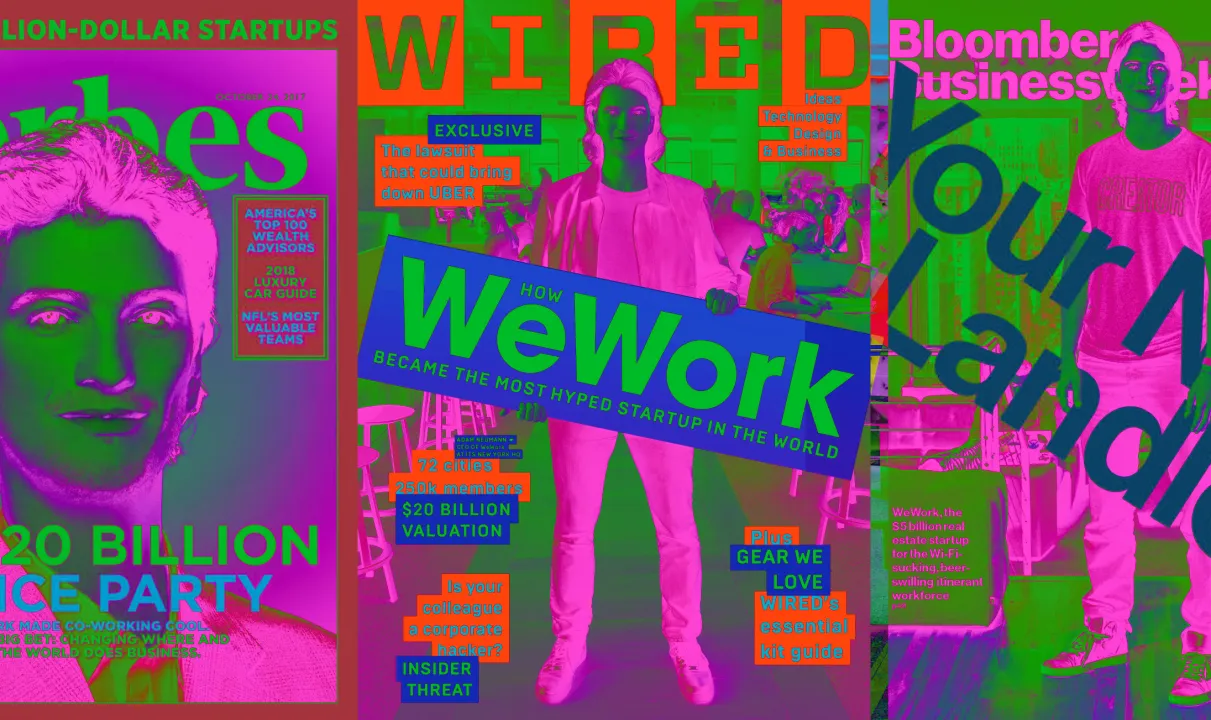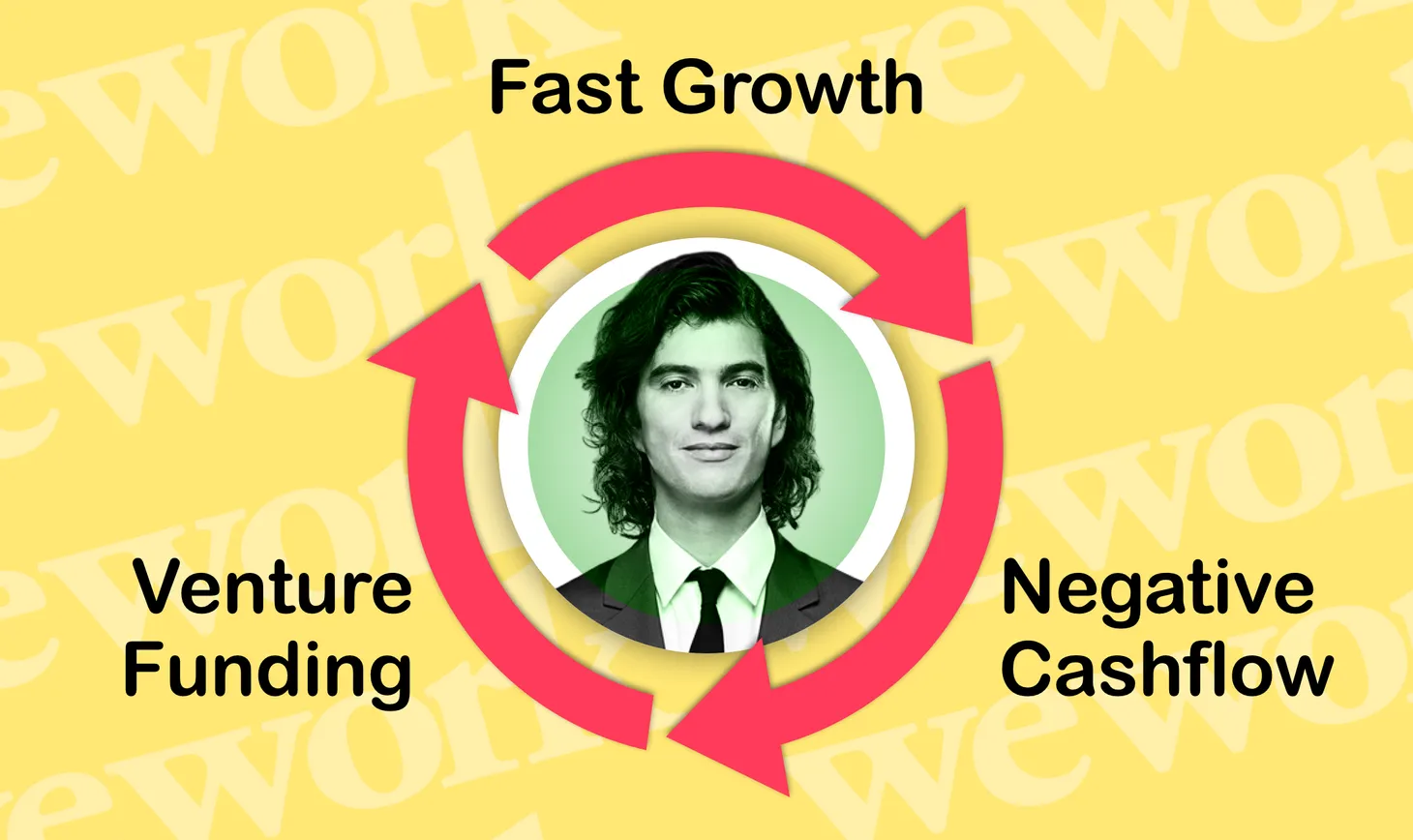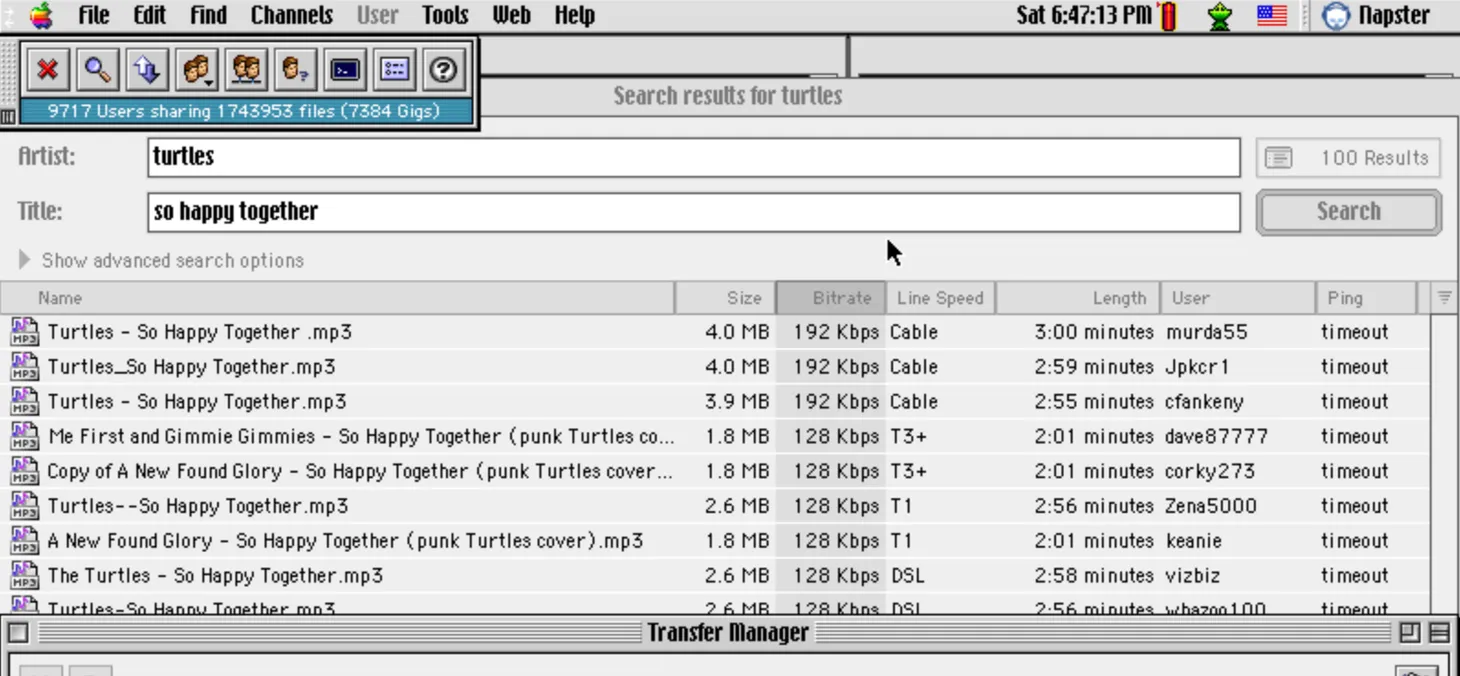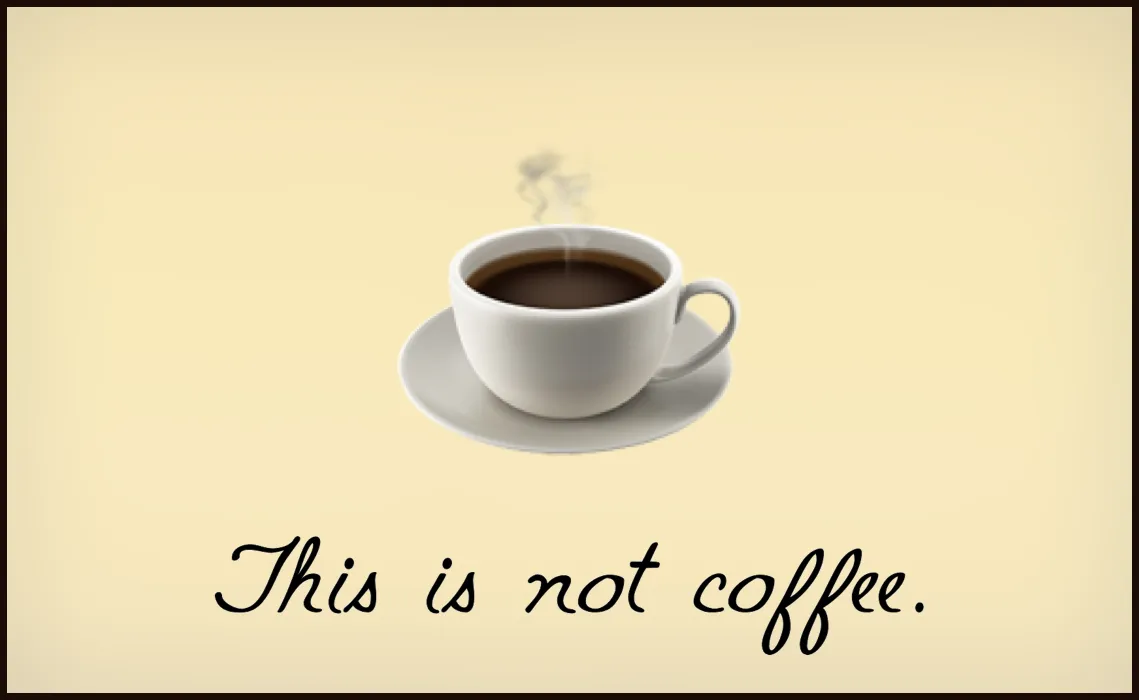We Are All Adam Neumann: A Short Farewell to 2019
WeWork encapsulates everything that was good and bad about the world in 2019. That's why we couldn't keep our eyes off it.

Hotel Masayoshi: How to Fund the Future of Real Estate?
To transform the world’s largest asset class, entrepreneurs must rely on a new combination of capital. Last week, we explored Neumann’s Vortex [https://www.drorpoleg.com/neumanns-vortex-wework-and-the-key-to-real-estates-future/], the cycle of fast growth, negative cashflow, and venture injections that threatened to bury WeWork and other companies that are de-facto
Neumann’s Vortex: WeWork and the Key to Real Estate’s Future
Matching the right capital with the right activities is critical to WeWork’s survival — and to the future of real estate in general.

Proptech is Dead!
The technologies that had the biggest impact on our cities and buildings had nothing to do with real estate. Today, tech is once again changing everything we take for granted about the built environment. These changes challenge real estate investors to think strategically. Here is what it all means. Dror
Long WeWork, Short Airbnb?
Real estate’s two greatest unicorns offer important lessons about the meaning of “tech”, the future of venture investment, and the lasting power of real assets — and real liabilities. WeWork epitomizes everything people hate about startups. It “reinvented” something that seems banal and easy to replicate. It is growing for
Farewell to We: What's next for WeWork?
Below are some notes I scribbled ahead of a media interview. Sharing here for those interested. Check out my upcoming book [https://www.rethinking.re/] on technology's impact on real estate! Where to next for the shared workspace firm? Time to say goodbye to “We”, the company that
It’s Not We, It’s You: A Lesson That Landlords Must Learn
Whether WeWork succeeds or fails, landlords are facing an immense challenge that everyone seems eager to ignore. Remember Napster? It was a precursor to what we now call the sharing economy. Instead of buying a record from the record companies, Napster allowed people to share storage space with one another

Can ‘We’ Work? Perspectives on WeWork’s IPO
WeWork combines an impressive trajectory with significant risk. Other public companies offer valuable insights about its business model, liabilities, governance, and valuation. Welcome to the desert of the real. Jean Baudrillard coined the term in 1981 to describe a world in which reality is a derivative of its representation — a
Is Starbucks is a Coworking & Toilet Operator?
The coffee giant is struggling with non-customers who only want to sit at a table and use the bathrooms. It should embrace them, for a fee. A few weeks ago, Starbucks was berated on social media for calling the police after one of its store managers was not able to

No Rent: Real Estate’s New Business Models
Emerging technologies will enable operators to monetize physical space in new and creative ways. Every day, each of us visits dozens of web sites and apps to access information and use various tools for work, communication, and fun. Most of these sites and apps are free. Online business models allow


